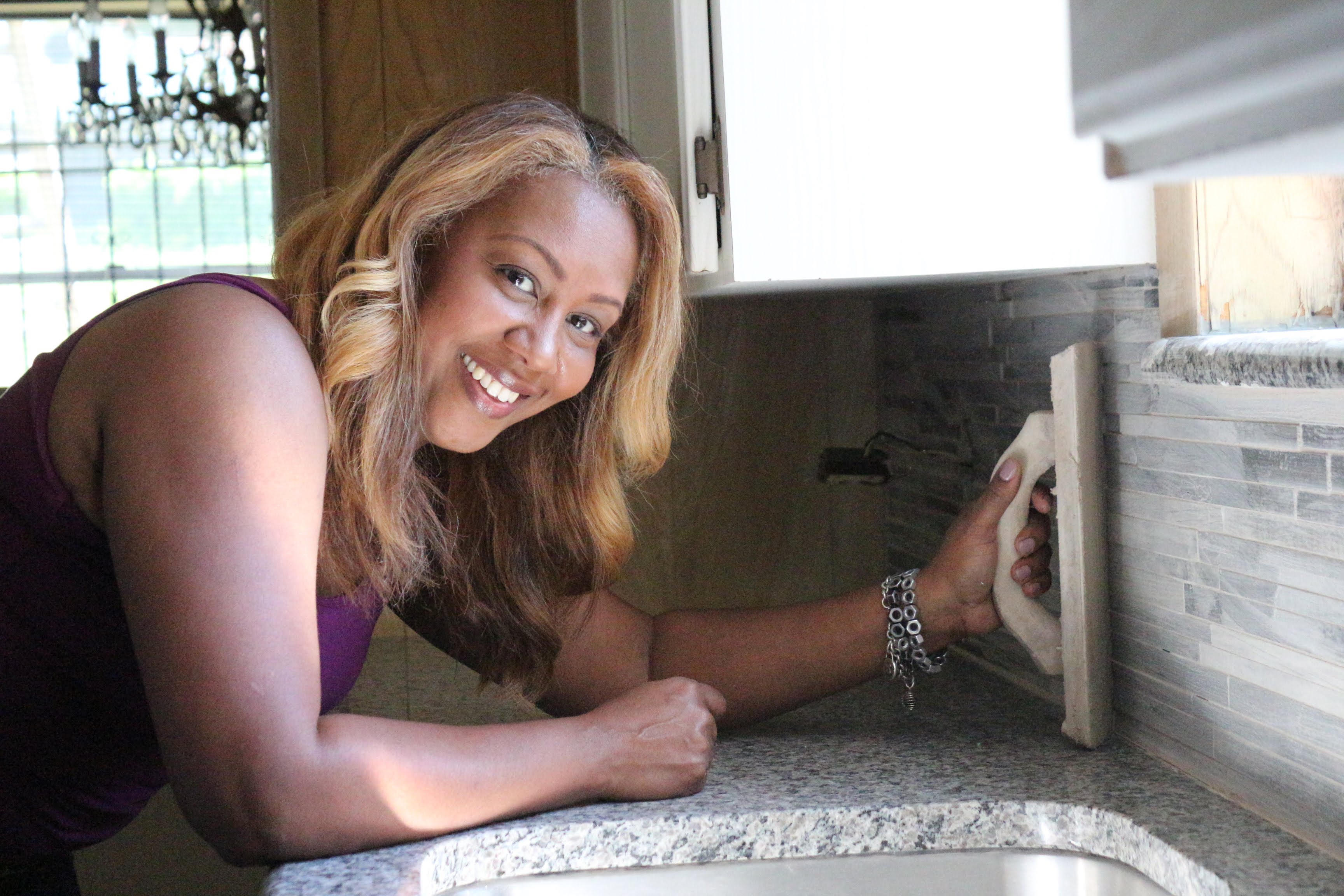As a carpenter, trades advocate, and former shop teacher (building trades instructor), I was thrilled to read the recent research from the National Kitchen & Bath Association showing that today’s high school students have positive attitudes toward skilled-trade careers in construction. I’ve been promoting these careers to kids for years because they are high-paying and attainable without crushing student loan debt.
One data point from the research caught my eye, however. The physical aspect of construction was considered a negative by one-third of the high school students surveyed as part of the NKBA NextUp initiative.
I was floored by this response. Being physical is one of the best parts of my job!
This is when it hit me that these lucrative careers are not for everyone, in the same way that running marathons and climbing mountains are not for everyone.
Whether or not you thrive on physical challenges — and mind you, I have never had aspirations of becoming a triathlete — if you can’t stand the idea of sitting behind a desk for the rest of your career, then a construction career might become your passion, just as it became mine.
I live in Dallas. Translation: It’s just plain ol’ hot. As the folks around here say, “It’s hotter’n blue blazers.” We work in heat, rain and humidity. Construction professionals up north sometimes work in ice and snow. For the record, I’m New York-born and Detroit-bred. My first entrepreneurial endeavor was de-icing roadways. Working in tough conditions like these requires mental fortitude and determination, as well as smart planning to take advantage of the least punishing conditions. In hot and humid weather, for example, we get to the job site early to avoid the worst of the heat.
The worst for me is working in the rain. It’s harder to get a good grip on many surfaces in the rain. But to be honest, the biggest issue this Girly Shop Teacher has with working in the rain is what it does to my hair! (Pro tip: a cute little scarf under your hard hat works wonders.)
Over the years, I’ve learned that when you find a career you love, you learn to tolerate occasional moments of discomfort. Your memories of the bad weather, the aching feet and the bad hair days will fade, while the satisfaction of a job well done is the thing that sticks with you.
Do you know what else stays with you when you choose a career in a field like construction? Physical fitness. I just turned 50 and I feel amazing. I am eternally grateful that my stepfather encouraged my interest in the skilled trades back in the day when girls weren’t encouraged to consider these types of careers.

Perhaps you’re intrigued by the craftsmanship and earning potential of a career in the skilled trades, but you’re worried you aren’t as physically fit right now as you might want to be?
Let me tell you about Tristan, one of my many “construction sons.”
Tristan was 6’5” and 370 lbs when I met him in his junior year of high school. He was feeling down, discouraged about his grades, and was almost at the point of dropping out. I secured a work-study job for him assisting me in my shop classes. It opened up a whole new world for him.
Through hard work — both physical and mental — Tristan graduated from high school while earning blue ribbons from SkillsUSA. He has given me permission to share these before-and-after photos. On the left, as a struggling high school student, you see him the day we met him at a paintball challenge — and he got me in the head! My personal protective equipment and my helmet didn’t help, but wow, he had a great aim. Now, five years later (at right), here he is working on a major hospital construction job site. He has slimmed down to 300 muscle-packed pounds and loves his career.

If you think you might be interested in the skilled trades, I say come as you are — your mental fitness is more important when you’re starting out than your physical fitness.
What about the physical aspects of these careers later in life? You’ve got options! Many skilled trade professionals advance to owning their own business, where their time shifts from working on the job to working on the business. Others will follow my path and go on to teach construction skills. After I appeared on the show “Shop Class” on Disney+, I realized I could broaden the reach of my teaching through videos and other content creation. I still get to be physical and use my skills, but I’m glad to have a transition plan that feels truly meaningful to me.
What about you? Do you think you have what it takes?


